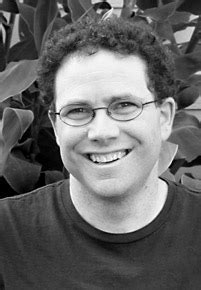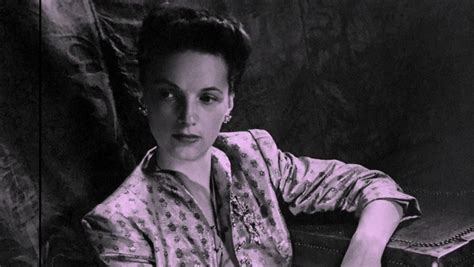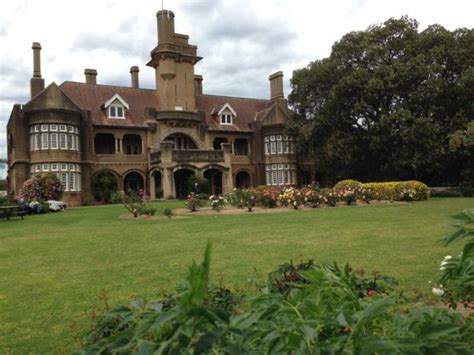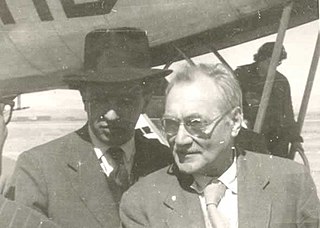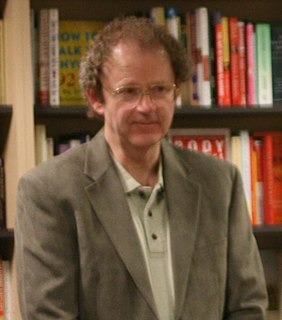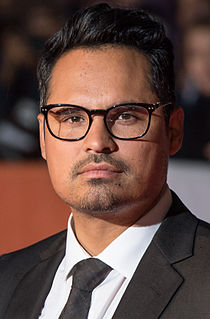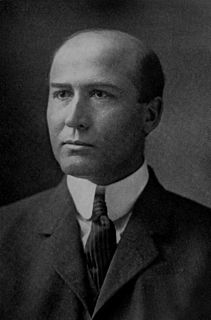A Quote by Harold Evans
I often see cases of Internet news where there's no reconciliation for what's gone before and what's newly arrived. That training for me - which was absolutely brutal and I was terrified - was so important, especially later in life when one was faced with conflicting stories and conflicting evidence.
Related Quotes
There is no basis in text, tradition, or even in contemporary practice (if that were enough), for finding in the Constitution a right to demand judicial consideration of newly discovered evidence of innocence brought forward after conviction. My concern is that in making life easier for ourselves we not appear to make it harder for the lower federal courts, imposing upon them the burden of regularly analyzing newly-discovered-evidence-of-innocence claims in capital cases (in which event such federal claims, it can confidently be predicted, will become routine and even repetitive).
John Kerry fell off of his bicycle over the weekend. He went for a Sunday afternoon ride, fell off in front of the news media. Luckily, his hair broke the fall so it's not as serious. ... Thankfully, Senator Kerry was not seriously injured. In fact, when the police arrived, Kerry was well enough to give conflicting reports to the officers about what happened.
I look at the most promising putative moral theories. I construct crucial thought experiments in areas where they give conflicting advice. I confront their conflicting advice with my own moral sensitivity, my moral intuition. I take the theory that can best explain the content of my intuitions as gaining inductive support through an inference to the best explanation.
Walden - all his books, indeed - are packed with subtle, conflicting, and very fruitful discoveries. They are not written to prove something in the end. They are written as the Indians turn down twigs to mark their path through the forest. He cuts his way through life as if no one had ever taken that road before, leaving these signs for those who come after, should they care to see which way he went.


